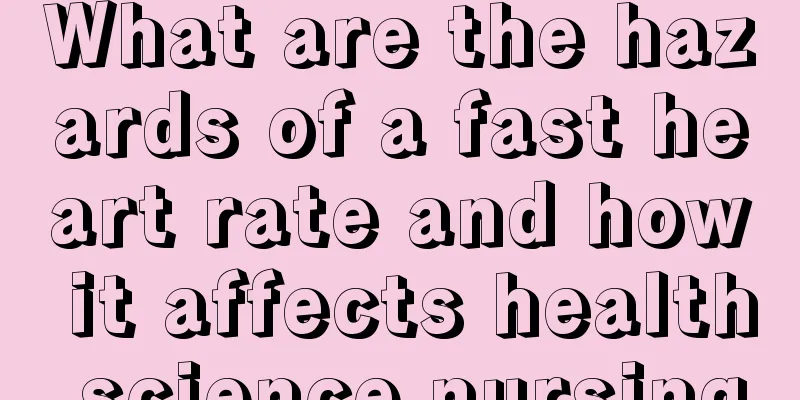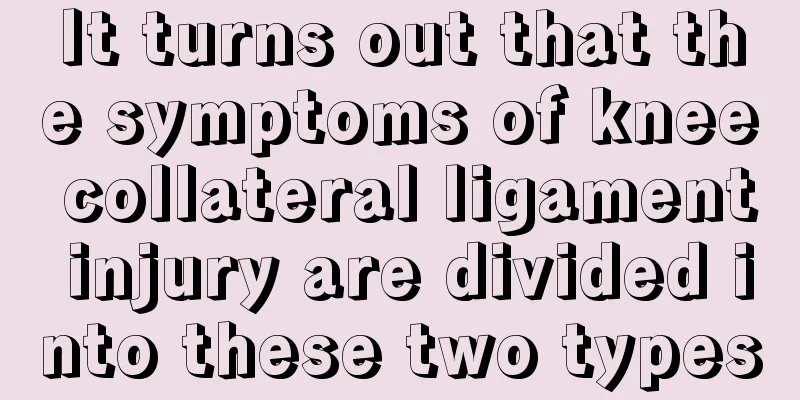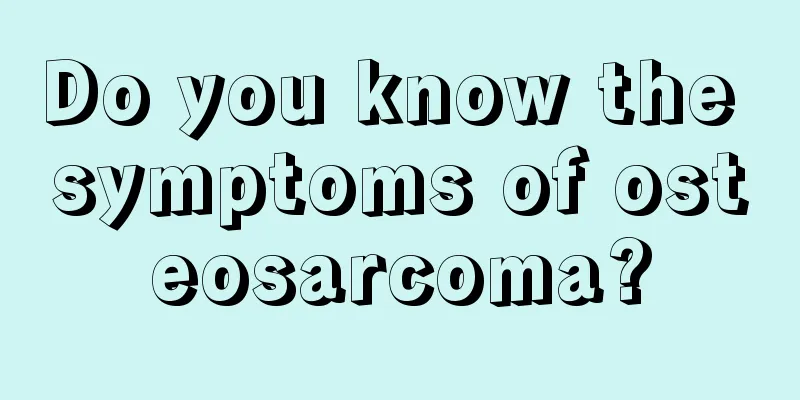What are the hazards of a fast heart rate and how it affects health science nursing

|
If the heart rate is too fast and it is pathological, the harm will be great. In many cases, it will cause dizziness, nausea and vomiting. In severe cases, it will lead to fainting, pulmonary edema, shock, etc. You need to understand the emergency treatment measures. If the heart rate is too fast, you can take a deep breath and hold your breath. 1. The dangers of a fast heart rate There are two types of tachycardia: physiological and pathological. An increased heart rate when running, drinking, doing heavy physical labor, or being emotionally excited is called physiological tachycardia; if tachycardia is caused by diseases such as high fever, anemia, hyperthyroidism, bleeding, pain, hypoxia, heart failure, and cardiomyopathy, it is called pathological tachycardia. As for the harm, when pathological tachycardia occurs, the patient suddenly feels panic and the heart rate increases, which lasts for several minutes, hours or even days, and then suddenly returns to normal heart rate. During an attack, the patient will experience palpitations, chest tightness, discomfort in the precordial area, and swelling and throbbing in the head and neck. People without heart disease generally have no major impact, but when the attack lasts for a long time and the heart rate is over 200 beats per minute, the patient will experience blacking out, dizziness, fatigue, nausea and vomiting, and may even suddenly faint or go into shock, or suffer heart failure, pulmonary edema, etc. due to the drop in blood pressure. 2. How to provide emergency care when the heart beats too fast (1) Breath-holding method: Ask the patient to take a deep breath and hold it, while keeping the glottis tightly closed. Then, exhale as hard as possible to increase the pressure in the chest cavity until the patient can no longer hold on. (2) Induce vomiting: Use chopsticks or clean fingers to stimulate the throat. By stimulating the vagus nerve, it can reflexively cause the heart rate to slow down. (3) Press the carotid sinus: Use your fingers to feel the part of the neck where the pulsation is most obvious, approximately at the same level as the upper edge of the thyroid cartilage. Use the index finger, middle finger, and ring finger to press against the cervical spine (it is best to use massage as the main method). Each time should not exceed 5 to 10 minutes. If there is no effect, you can massage again after a few seconds. This will prevent the blood flow in the carotid artery from pausing for too long. However, do not press on both sides at the same time (please remember this point), otherwise there is a risk of sudden cardiac arrest. You should listen to the heartbeat or count the pulse at the same time. If the heartbeat slows down, stop pressing immediately. (4) Press the eyeballs: Press one or both eyeballs with your fingers for about 10 seconds. When the heartbeat stops, slowly reduce the pressure. Avoid applying excessive pressure when compressing the eyeball. This method is prohibited for people with glaucoma or high myopia to avoid further increase in intraocular pressure or retinal detachment. |
<<: Keshan disease treatment requires early detection and early treatment
>>: Symptoms of laryngeal stridor, early manifestations to know
Recommend
Are ladybugs harmful?
Ladybugs are a very common insect in rural areas....
What should we pay attention to when using a tourniquet to stop bleeding for the wounded?
When people encounter accidental injuries or traf...
What is the reason for the uncomfortable throat choking
The discomfort of choking in the throat is a prob...
Oral immunoglobulin
Different drugs have different effects in treatme...
How long can you live after chemotherapy for colorectal cancer
How long can you live after chemotherapy for colo...
Diseases that should be watched out for when the right arm becomes numb
It is very common to feel numbness in a certain p...
Prostate cancer specific drug
As society develops better and better, people'...
What are the symptoms of prostate cancer patients?
Prostate cancer is a common disease among men, an...
My feet don't stink but they stink when I put on shoes
I believe many people have had this experience: w...
The role of polydextrose in milk powder
Polydextrose is a type of dietary fiber and is al...
Remember the six dangers of sleeping with wet hair
Many people like to wash their hair before going ...
How to recover quickly after a broken hand
In life, we always meet some patients with plaste...
How many mangoes can you eat at one time
Mangoes not only taste good, but also have high n...
Is it good to have hair growing on moles?
Moles can be congenital or acquired. They are mai...
Which department should I go to for bad breath
For some people, bad breath is temporary, perhaps...









